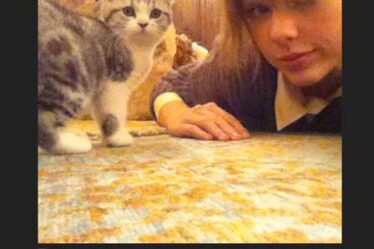
The process of coloring your hair changes as you age. In your 20s, you might’ve experimented with funky shades, while in your 30s, you may have used single-process dye to cover a splattering of gray hairs. But in later decades, you’re likely to see a higher volume of gray hairs peeking through—and if you want to conceal them (and this is a huge “if!”) you need a new methodology. Enter: highlights. They make blending grays easy, as they don’t create a harsh demarcation line like all-over color does when hair grows out. Keep reading to learn hair stylists’ favorite tips for highlighting gray hair. You’ll never have to wonder what to request from your stylist again.
READ THIS NEXT: How to Go Lighter to Cover Your Grays, According to Stylists.
Your natural color is onto something. “The most flattering highlight look for an individual would be to follow their natural pattern of lightness and depth, all while keeping the hairline bold,” says Janesa Morera, master colorist at Julien Farel Restore Salon in Palm Beach. “This technique will give the hair a natural appearance and still keep it contemporary.”
If you stray far from your natural look, you can expect a more in-depth maintenance routine with more frequent salon visits.
You’ll also want to consider your other features when discussing highlights with your stylist. “Each look has to be customized for an individual’s natural hair color, eye color, and skin tones in order for the look to be flattering,” Morera adds.
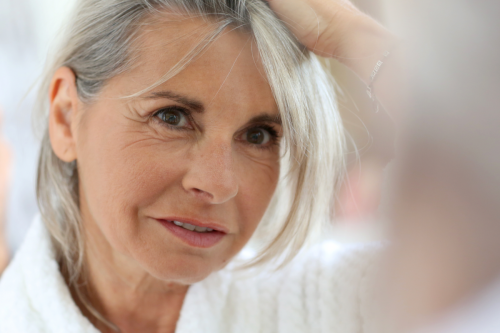
Gray hairs are often the densest at the hairline, and face-framing highlights are an easy way to camouflage them. “I use this technique on a daily basis, regardless of someone’s skin tone,” says Morera.
However, the way you accomplish them will depend on your features. “Gray hair is going to always be silvery and cool-toned; if someone’s skin has warmer undertones then I would use warmer shades as a secondary color and cooler tones as a secondary color if my client’s skin tones are cooler-toned,” Morera explains.
A pro will be able to help you determine where you fall on the warm-cool spectrum and which shade of highlights will look best.
READ THIS NEXT: The 5 Best Hairstyles for Gray Hair, According to Experts.
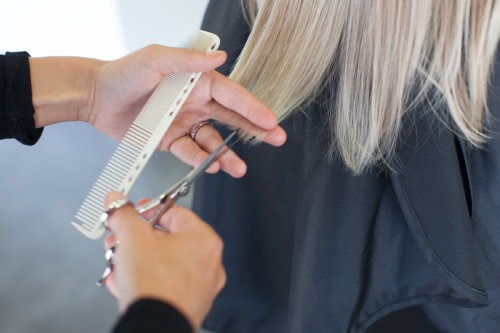
Before you commit to highlights, you’ll want to ask your stylist what the upkeep will look like—and then consider if that works with your lifestyle.
“For instance, for someone who doesn’t want to have their hair done very often, I would do fewer highlights on top of the head and scatter them on top and through the back of the head,” says Jessica Shults, hair stylist at Twisted Salons. “For someone who was willing to come in often to keep their look fresh, then I would add significantly more highlights to the front and top of the head.”
It all depends on how much time, money, and effort you are willing to spend on your tresses.
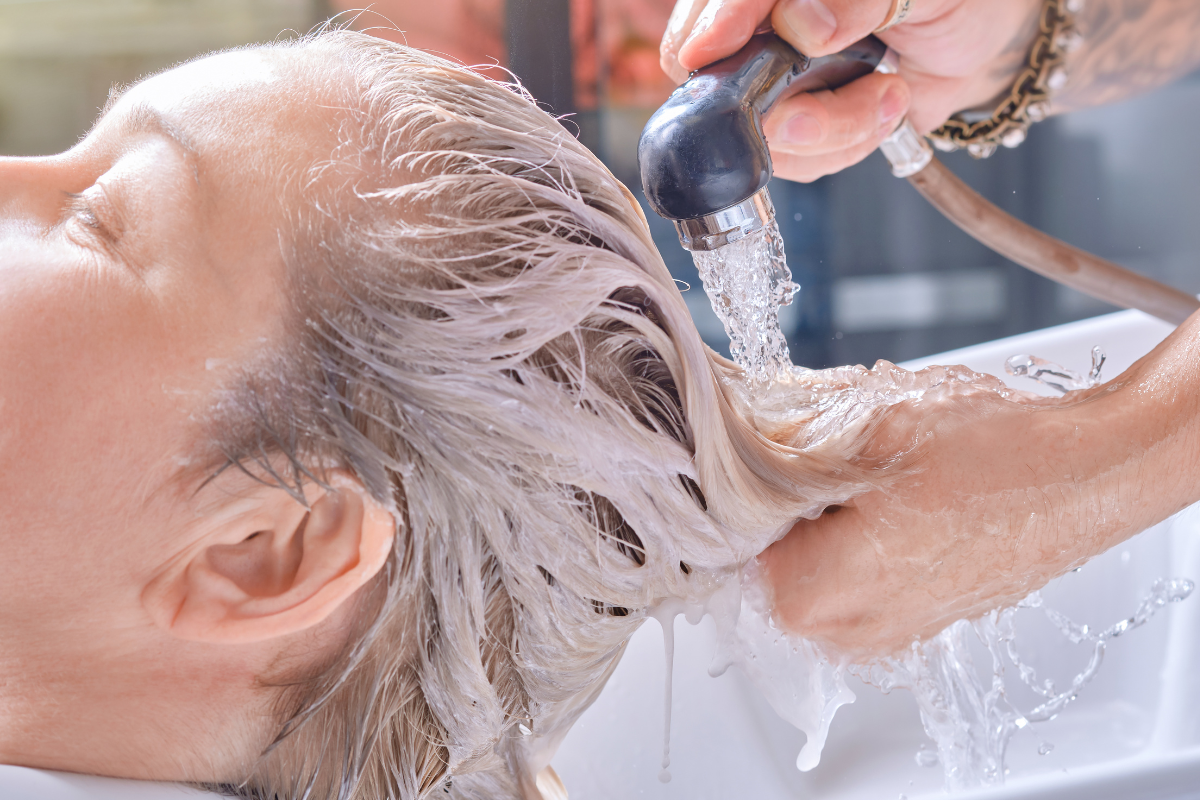
This isn’t a project you should DIY. “If you want to blend in your natural grays, have a hair professional do it so that you can make sure that it will look natural and well-made to flatter your appearance and age,” says Gwenda Harmon, hair and beauty expert at Power Your Curls. “This will also prevent potential damage to your hair that can be irreversible if you do it yourself or by someone that is not a hair professional.”
Spending a few extra bucks upfront could save you tons of cash (and a major disappointment) down the road.
For more beauty advice delivered straight to your inbox, sign up for our daily newsletter.
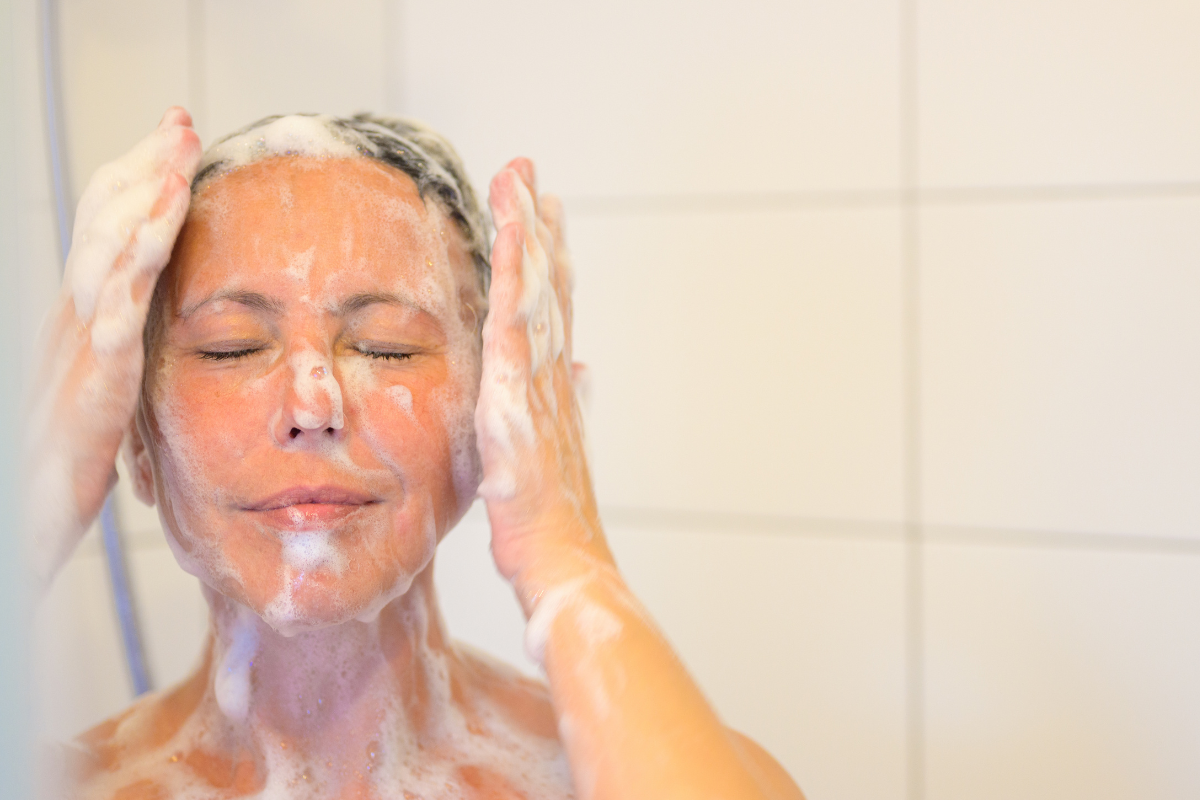
Both gray hair and color-treated hair tend to become dry and brittle. Because of that, you’ll want to care for your highlighted strands properly.
“It’s important to keep the hair healthy and shiny because gray hair tends to be lackluster,” says Morera.
To start, you’ll want to wash your hair with color-safe shampoo and conditioner. To make it shine like silver, use a hydrating hair mask at least once a week. Heat protectant is also a must. That way, you can enjoy your highlights for as long as possible and in their most glistening state.


